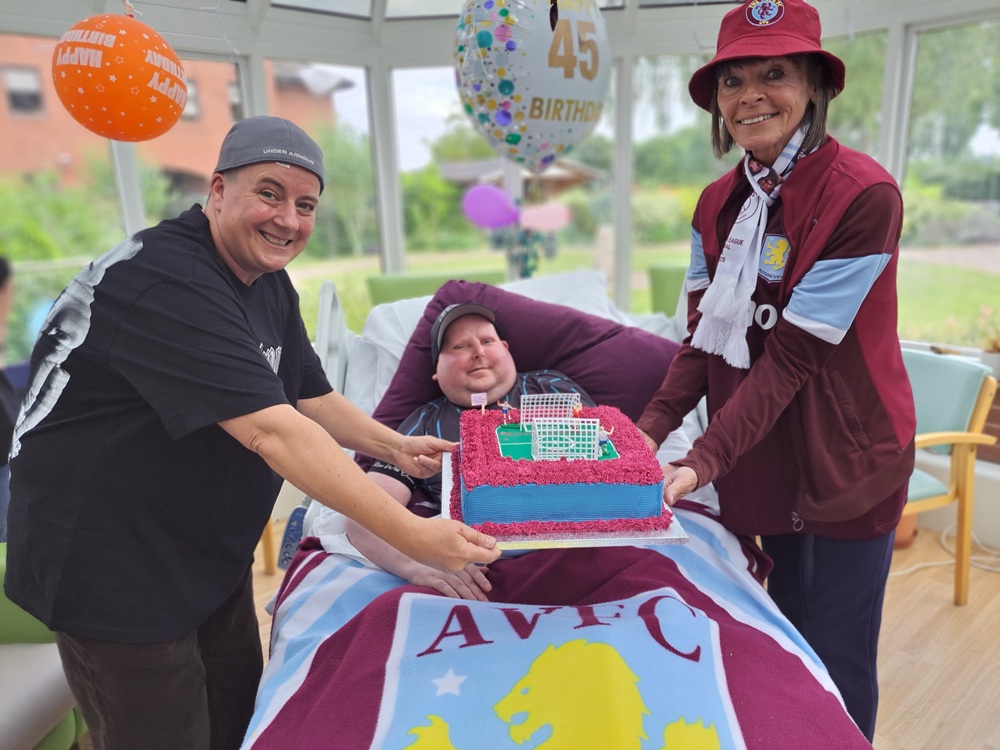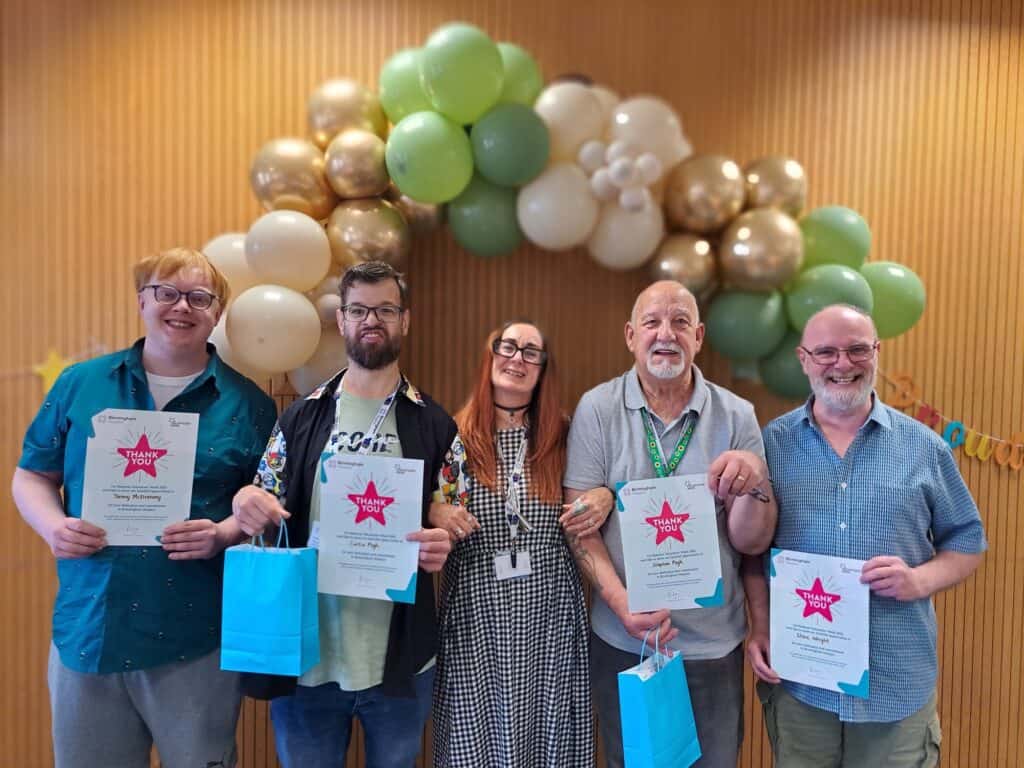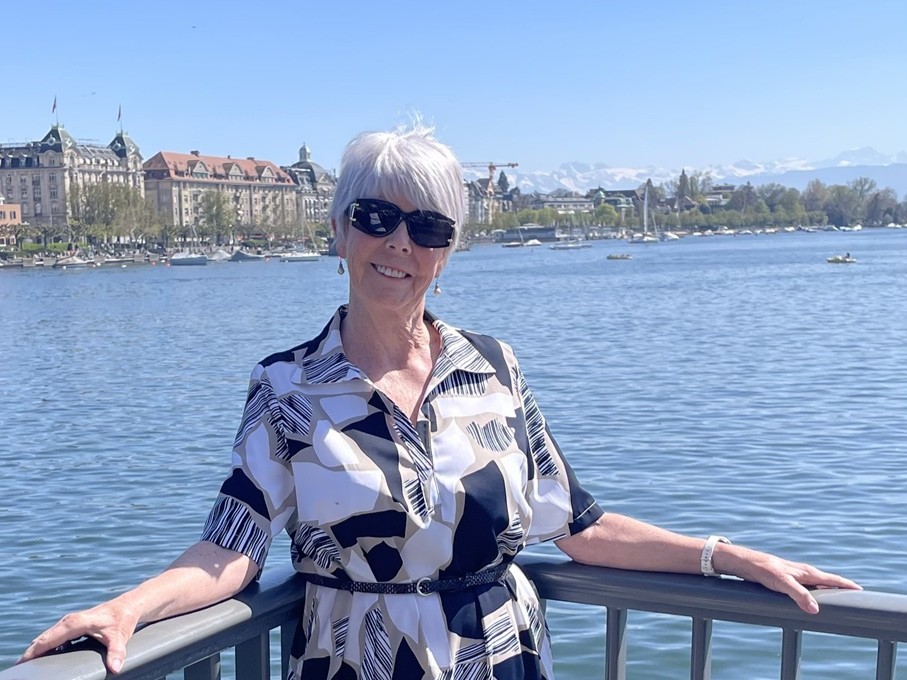“People have such a vague impression you go to a hospice to die, and my experience was anything but that.”
A terminal diagnosis doesn’t always mean the end.
Louise Kinsler, 45, from Kings Heath, was diagnosed with Metastatic Spinal Cord Compression (MSCC) in November 2023.
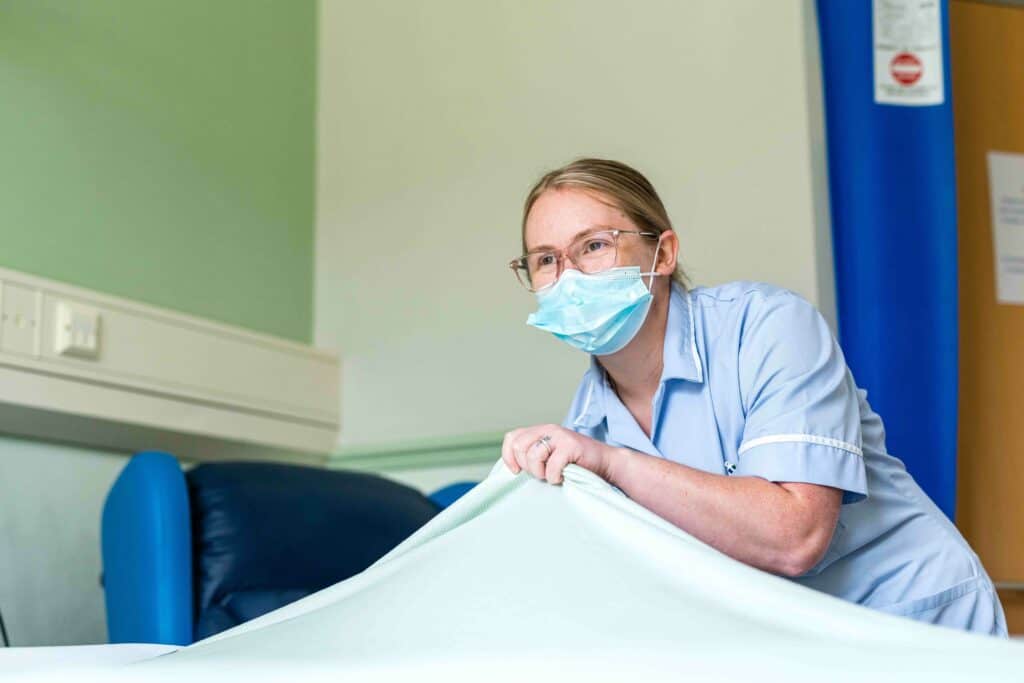
She said: “I previously had breast cancer and had been having pain in my back and neck for months. I went to the Queen Elizabeth Hospital and after a number of scans I was diagnosed with Metastatic Spinal Cord Compression and given a terminal diagnosis.
“I was given a couple of options for treatment, but there was no guarantee that anything would stabilise my condition. I’d already been through chemotherapy and radiotherapy before so I asked, ‘will any of these treatments give me any longer?’ and they told me no, so I said that I didn’t want to do any more.”
A palliative care nurse came to visit Louise in the hospital and asked if she would be interested in going to stay in Birmingham Hospice’s Inpatient Unit.
“I hadn’t got a lot of knowledge about what a hospice was, but I’d heard an interview with TV presenter Johnny Irwin who had cancer and he said, ‘if you ever get the opportunity to go to a hospice to go for it’. I remembered that and thought that’s what I want to do.”
Louise was transferred to a bed in the Inpatient Unit the following day.
Louise added: “From there it felt like life had turned a massive corner. From being in a great, dark hole to being in a space of light.
“People have such a vague impression that you go to a hospice to die, and my experience was anything but that.
“Being at the hospice was such a wonderful experience; they gave me everything I needed. The staff were all wonderful, from the medical teams to the caterers.
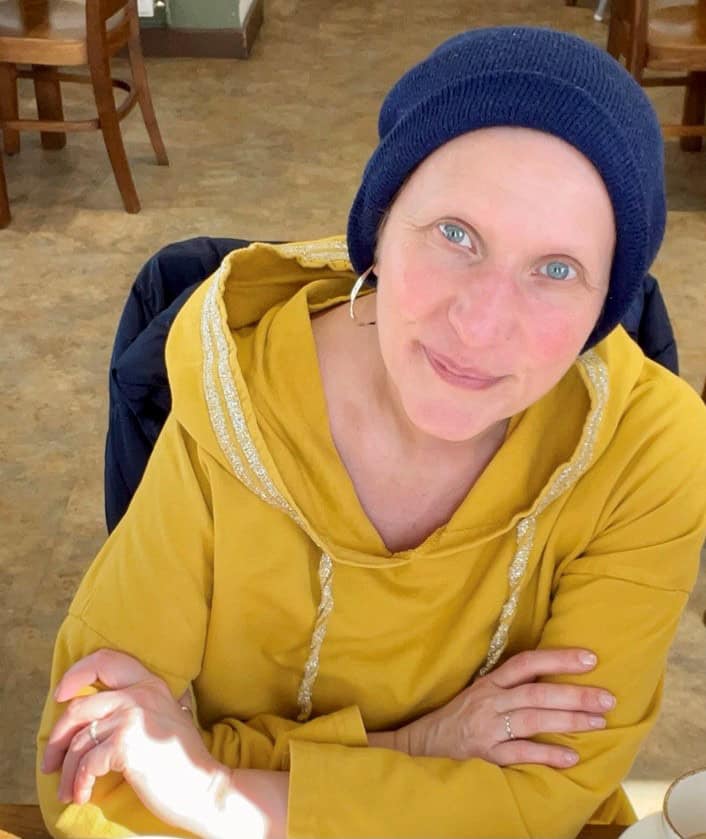
“The healthcare assistants were brilliant, and always supported me both day and night with a smile and kindness to help me with whatever I needed.
“It wasn’t just the care staff who made my experience so wonderful. At one point, one of the housekeepers saw my dad, who is in his 80s, was struggling with the chair he was sat on, so she came back with a comfortable chair for him, and I just thought, how kind is that? The care and consideration that is given by everyone is amazing and makes the hospice such a special place.”
Our expert palliative care teams do their best to ensure each person’s experience is tailored to their wishes and needs.
“One of the most important things that the doctors and nurses did, which felt quite different to my other experiences, was that they really made me feel listened to. I felt part of the team enabling me to make decisions on what was happening and what was important to me.
“They treated me with so much respect and dignity. I felt so empowered.
“They didn’t just treat me as though I was a cancer patient; I was Louise.”
Since being discharged from the Inpatient Unit, Louise is now supported by our Specialist Community Palliative Care Team at home.
The team monitors Louise’s medication and how she is feeling, and is a source of information and knowledge. Louise is also supported by our Occupational Therapists and Physiotherapists.
“They’re always at the end of the phone whenever you need them,” Louise added.
“The team has so much knowledge and offers help and support at each stage, and this has continued since I left. So many places when you leave, that’s it, but the hospice is completely different.
“Sometimes it’s just a friendly word over the phone or a bit of advice, and this has helped me and my family so much.”
Despite providing such a vital service to thousands of local people in Birmingham, Sandwell, Solihull and Sutton Coldfield, Birmingham Hospice is facing a funding crisis.
Palliative and end of life care is not fully funded by the NHS and Hospice UK has estimated a deficit of £77 million across the sector this financial year.
The effects of this mean that some hospices are faced with cutting services or could even be forced into closure in the future if this does not change.
“It would be devastating if Birmingham Hospice was forced to cut services to be honest,” Louise said.
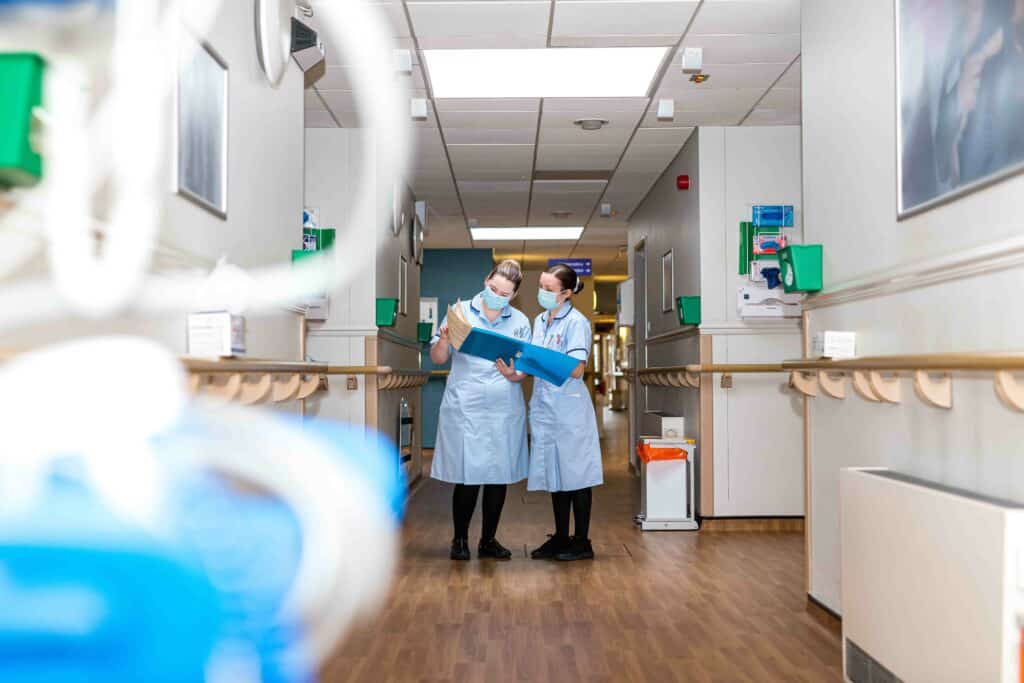
“If it impacted on me not being able to access the hospice in the first place I don’t know where I’d have been.
“We know that everyone is going to die one day, and there needs to be a comfortable and safe place for people to go to if they need it.
“Hospices are such an integral part of care and it’s terrible that they are not properly supported.”
Despite being faced with a terminal diagnosis, Louise said that the support she has received from the hospice has ‘taken away’ her fear of dying.
She said: “I know that at some point I will be at the end, but I don’t have the fear of facing death anymore; the hospice has taken that away from me.
“They’ve helped me to see things differently, I don’t feel like the clock is ticking down anymore; it’s like someone has pressed pause and said this is your time to focus on you and the things you can still do.
“When it’s my time, I look forward to coming back to the hospice. It’s a place of peace, calm and tranquillity; it makes me feel safe.”
